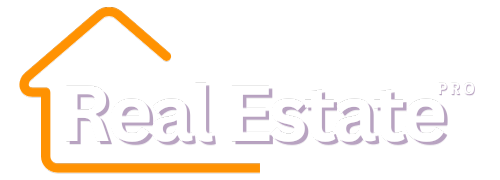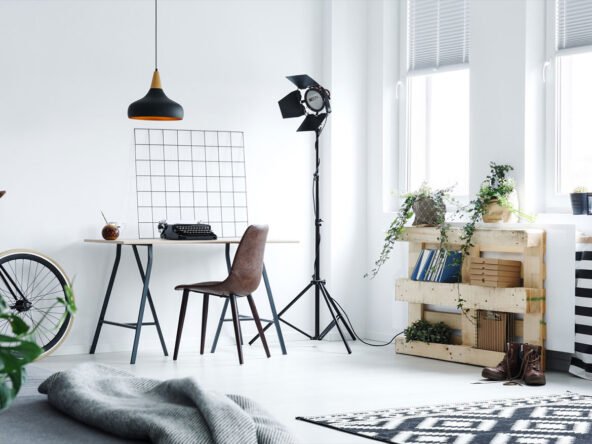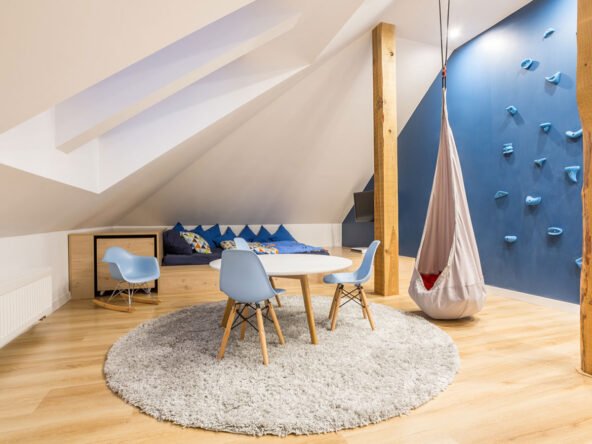Saving up for a down payment on a house be a daunting task, especially for first-time. New Zealand’s housing market has been booming over the past three years. With home prices finally down, many first-time buyers are poised to buy. Even so, these common money mistakes can set you back in the house-buying process.
To help you out, we’ve gathered the most common financial missteps first-time homebuyers make and how to avoid them. Here are some things to watch out for:
Letting Silly Mistakes Build Up on Your Bank Statements
One mistake many first-time buyers make is not keeping their bank statements clean for six months before applying for a mortgage. While a year ago, buyers were reportedly being turned down for a mortgage for spending money on takeaways and Netflix, banks are no longer as strict.
Even so, silly fees like overdraft fees and late payments will appear on your bank statements and could raise red flags for lenders. To avoid this, make sure you have all the necessary funds in your account at least three months before applying for a mortgage.
“If you have reoccurring payments coming out of your bank account, set up a reminder the day before in your calendar. This way, you can double-check your account and make sure you have enough money in there for the payment to go through.”
Too many overdraft fees will make it look like you don’t know how to manage your money.
Assuming That You Need a 20% Down Payment
Many people assume they need a 20% down payment to buy a home, which can be a huge financial burden. However, this is no longer the case in New Zealand. While the ideal down payment is 20% the actual minimum you’ll be required to pay is 10%. You may be required to pay extra fees on top of this down payment. It’s worth talking to a mortgage broker about what is the best option for you.
However, if you don’t have a 20% deposit, don’t assume that buying a home is off the table.
“Instead, do your research to find a mortgage with a down payment that fits your financial situation.”
Buying the Most Expensive Home You Qualify For
Although it’s tempting to buy at the top of your budget, it’s not always the best choice. New Zealanders have a tendency to want to buy houses over smaller homes, apartments, or semi-detached homes. While you may have to make some sacrifices to live in a smaller home, it can often be a better option for your finances.
As the last few years have shown, buying a home at the top of the market can put you in a tough position if mortgage rates go up. Even if you plan on having a family, there’s no reason you can’t buy a smaller home to start off with. You’ll save money on your mortgage, be able to pay down your loan faster and be able to use the equity in five years’ time to upgrade your home. The main takeaway here is to not rush into the house-buying process.
“While we all want to buy our dream home, there’s no reason to feel pressured into buying a big home straight away.”
Forgetting About Closing Costs
Even if you’ve saved diligently for a deposit, it’s easy to overlook other costs associated with buying a home. Closing costs can include application fees, credit report fees, and insurance. Research and calculate approximately how much extra cash you’ll need to purchase a home and factor this into your savings plan.
Most experts agree buyers will need an extra $3,000-$5,000 to cover lawyers fees, building reports, valuations and LIM reports. That doesn’t include the moving costs, connection fees and insurance you’ll need to take out once you purchase your home. These closing costs also need to be paid upfront and can’t be added to your mortgage. Don’t forget to save for these costs along with your deposit.
Spending Too Much Too Soon
While it’s natural to be excited about your new home and want to furnish it, you should hold off on spending until after the purchase is complete. Make sure that you have enough savings for your first mortgage payment, taxes, and insurance, in addition to your down payment and closing costs, right up until you close on the house.
Avoid taking on any new debt during this time. Don’t spend on credit cards or splurge on furniture until the dust has settled on your purchase. Living in your home for a few months before spending money on renovations and new furniture is also a good idea. That way, you’ll get used to paying your mortgage and any associated bills with your home and have a better idea of what it costs to live there month to month.
Paying Too Much for a Mover
Moving house is a big job, but there are ways you can use professional movers without paying premium prices for their services. At Wise Move, we make it easy to find affordable, reliable movers anywhere in the country. Book your next move with us.













